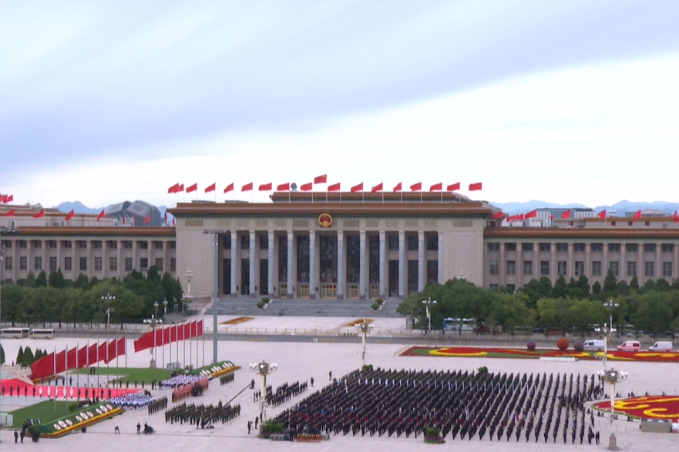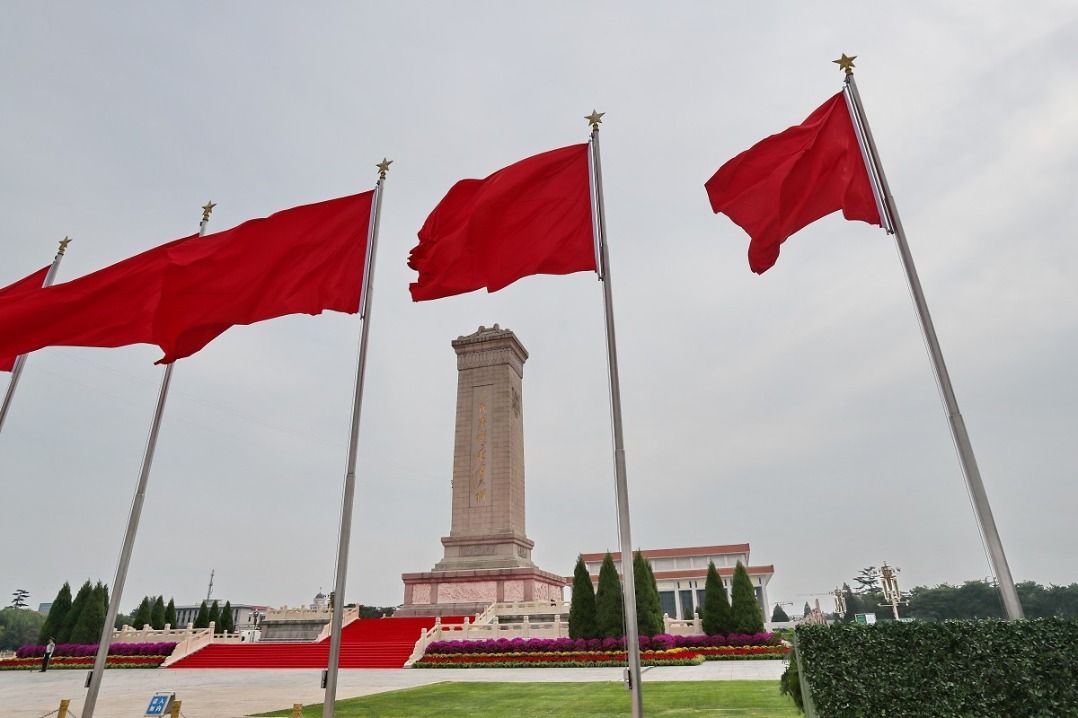Warmongering Stoltenberg still stoking crisis: China Daily editorial

Five months away from his delayed retirement from the post, NATO Secretary General Jens Stoltenberg has called on the alliance's members to ease the prohibition on Kyiv using weapons they supply to it to strike military targets in Russia, showing his intention of stoking the crisis as a legacy to his successor.
In an interview with The Economist on Friday, the warmongering NATO chief said that Ukrainians have the right to defend themselves and that denying them the possibility of using Western-provided weapons "against legitimate military targets on Russian territory makes it very hard" for them to do so.
The strong opposition to his remarks, even from within the transatlantic security alliance, should serve to remind the NATO chief that his aggressive worldview is not shared by all. "Stoltenberg should either retract his statement, apologize, or resign," said Deputy Prime Minister of Italy Matteo Salvini. "NATO cannot force us to kill in Russia, nor can anyone compel us to send Italian soldiers to fight or die in Ukraine."
That rebuke is fully justified, as the move urged by Stoltenberg, if taken, will instantly expand the Ukraine crisis to the rest of Europe. Moscow has warned the West that it is risking a global war over Ukraine and that a direct conflict between Russia and the North Atlantic Treaty Organization would mean the planet is one step away from "World War III".
That is why even the Joe Biden administration, which has demonstrated it has no qualms about starting and prolonging conflicts, has always been cautious about the reckless proposal Stoltenberg has put forward.
Stoltenberg, who saw NATO suspend all its cooperation with Russia shortly after taking office in 2014, and swell its ranks four times since then — Montenegro joining in 2017, North Macedonia in 2020, Finland in 2023 and Sweden this year — is in a better position than most others to know that the ongoing Ukraine crisis is to a large extent attributable to the actions of the organization he is the belligerent head of.
Instead of looking to worsen the crisis, Stoltenberg should reflect on why the so-called defensive security organization he heads has made the region where 30 out of its 32 members are located an increasingly dangerous place to live. As a stooge of the US, he has allowed NATO to become overbearingly bellicose, expansionist and interventionist, and not only in Europe as the organization now has its sights set on the Asia-Pacific and other new frontiers such as cyberspace and outer space.
The?Ukraine crisis can only be resolved by?political means. The tragedy should spur the European countries to weigh the gains and losses of their security strategies over the past 10 years. During that period of time, NATO was turned from an organization whose purpose was collective defense into a de facto gang of ruffians doing Washington's bidding.
Stoltenberg will be remembered as a key figure in this process. And as a key agent for the shattering of the postwar security mechanism for Europe, as a result of it surrendering its strategic autonomy to the US.
Instead of shooting off his mouth, he should act with due prudence and avoid saying anything that might further escalate the tensions. It is to be hoped his successor will recognize that the organization has become the largest obstacle to Europe building a balanced, effective and?lasting security architecture and make corresponding adjustments to correct that.
































